Ireland in 2016 must get closer to protecting and cherishing all children equally
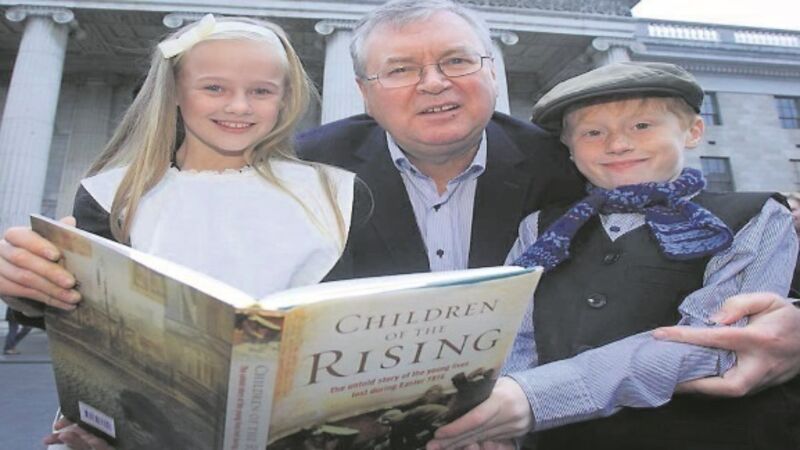
ON APRIL 24, 1916, Padraig Pearse stood outside the GPO on Sackville St — now O’Connell St — in Dublin and read the Proclamation.
The reading of the Proclamation, signed by him and six others, marked the start of the Easter Rising. The historic document, which the signatories knew could cost them dearly, spoke of a Republic with “religious and civil liberty, equal rights and equal opportunities to all its citizens”.
At a time when women were not allowed to vote in Britain, Pearse and his colleagues were promoting, among other things, gender equality. The theme of equality was further underlined when the document spoke of “cherishing all the children of the nation equally”. The sentence meant cherishing all the people of Ireland equally and not favouring one tradition over another.
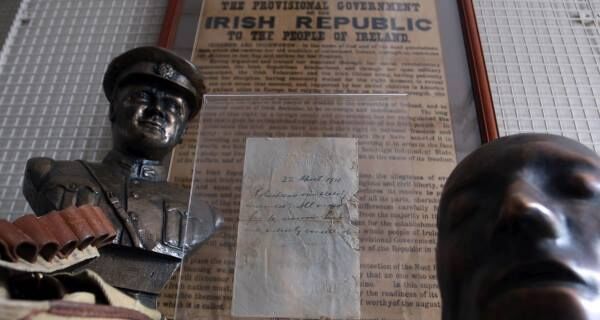
However, over the last 20 to 30 years, people have tended to interpret it as having relevance for the treatment of children themselves in our Republic.
Our treatment of many children was shameful down through the decades. Our history of institutional abuse gained world headlines.
On the publication of the Ryan Report into institutional abuse the findings were described as “a devastating indictment of Church and State authorities”. One commentator noted that the document read like “the map of an Irish hell”.
The report detailed a frightening picture of the treatment of children in institutions, and a disgraceful picture of the failure of the authorities and others to act in the best interests of children.
Crucially the report also contained the following observation: “Failure to speak directly to children about what happened to them allowed abuse to continue. In order to properly promote the safety and welfare of children and young people, services need to take considered account of the childs’ perspective and enable their voices and wishes to be heard”.
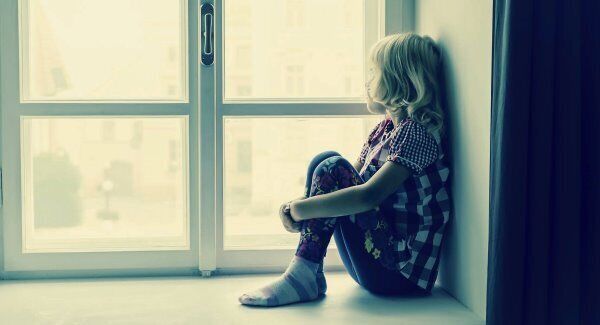
As we recently set up the Commission of Investigation into Mother and Baby Homes and Certain Related Matters, it reminded us yet again of how society failed to value children and unmarried mothers.
There is much to regret.
But it is a mistake if we feel that all our failings are decades old. Less than 10 years ago, we didn’t even count the number of children that died in care.
So right at the outset in 2011 when this Government came to power, a full Department of Children and Youth Affairs was established. It was a decision underlining this Government’s serious commitment to improving the lives of children and young people.
We have set up Tusla, the Children and Family Agency, placing the protection of children on a new level of priority. And we successfully put to the people the Children’s Referendum, recognising clear rights for children themselves.
As we approach 2016, do we still have problems related to children? Yes we certainly do. Take the issue of children whose families are homeless. Take the issue of children at risk of poverty. No minister for children should rest easy while such problems exist. These are significant, serious matters that need the sustained response of a range of government departments. But this government is repairing the economy, which increases our power to tackle social problems.
For example, in 2015, we had thousands of children who had not been allocated a social worker despite their case being referred to Tusla. But we measured the problem accurately and armed with a business plan for tackling the issue, an increase of €38m for the agency was secured. Tusla is now clear it can deal with the problem.
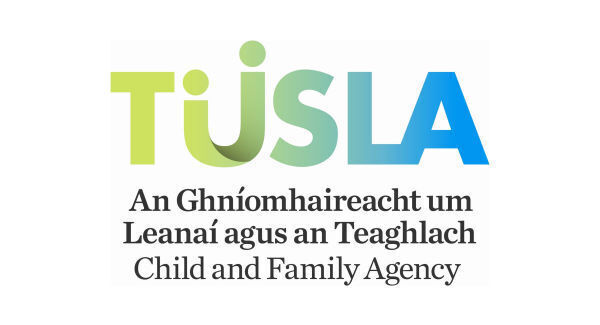
I could not have secured that extra money if the economy wasn’t improving. That improving economy has afforded us a proud moment — the setting up of a new scheme to support children with disabilities in free preschool.
I am deeply aware of the consequences when a child is left behind due to the failure to assist with their special needs and the sense of panic and frustration that parents feel in such circumstances.
But now with €15m extra for next year alone, we have designed a seven level programme to ensure that early education can benefit all children including those with special needs.
In 2016, there will be an increase of one third in our spending on childcare, up to €345m. More investment in childcare helps in producing better outcomes for children and giving parents greater access to work, generating yet more economic buoyancy for further investment in social improvement — a virtuous circle.
The best way of ensuring equality and good outcomes is to give all children the best possible start in life. Investment in the early years has been shown to achieve that, particularly with preschool.
Children then start primary school with better reading ability and better social skills. It affords them better opportunities in later life leading to better employability. There is also a gain for society with less antisocial behaviour and indeed less criminality.
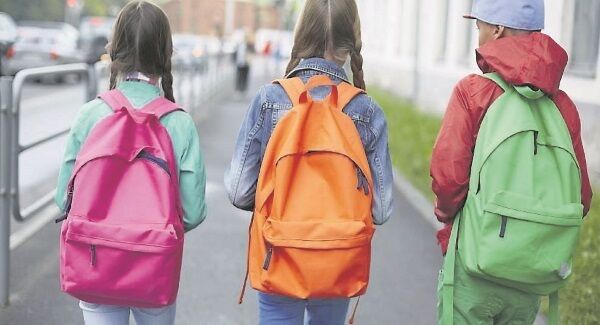
We have made much progress, especially in the last number of years, but would the leaders of 1916 be satisfied with where we are?
No not yet. Not while children are forced with their families to live in a hotel room with no cooking facilities. Not while children in poverty go to bed hungry.
But in 2016, we will get even closer to a point where all children are being cherished equally. We must make the aspiration — that Ireland be one of the best places to grow up in — become a reality not just for some, but for all our children.
READ MORE: Watch exclusive extract from 1916 film: 'Ireland: Birth of a Nation'
















